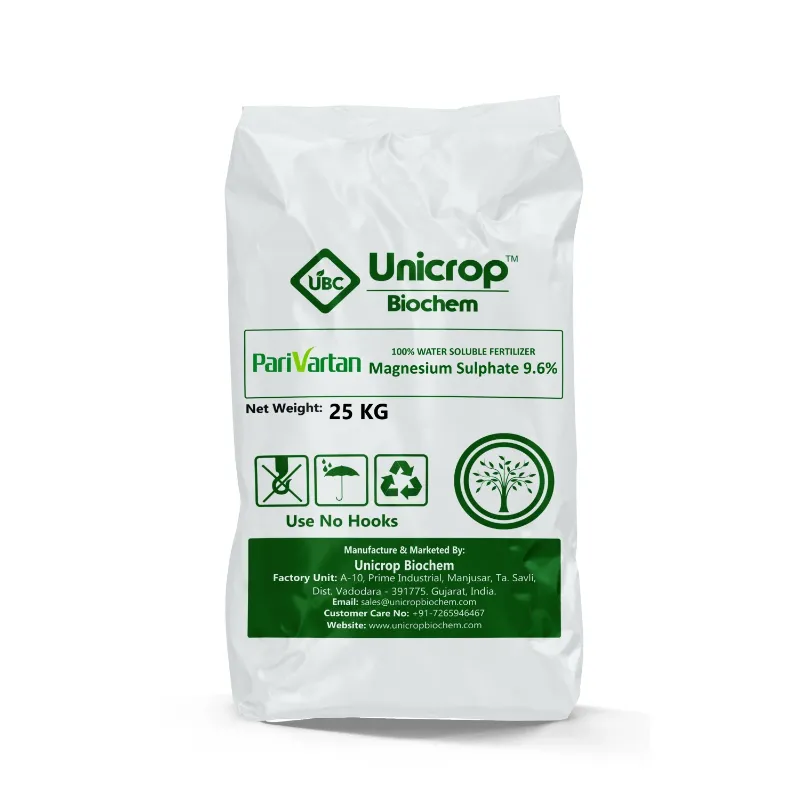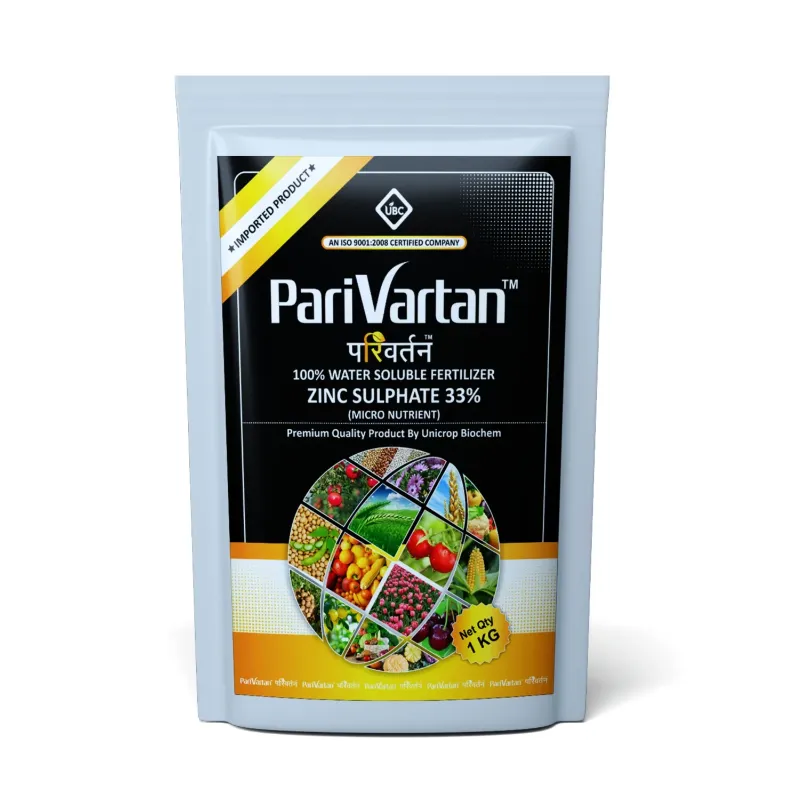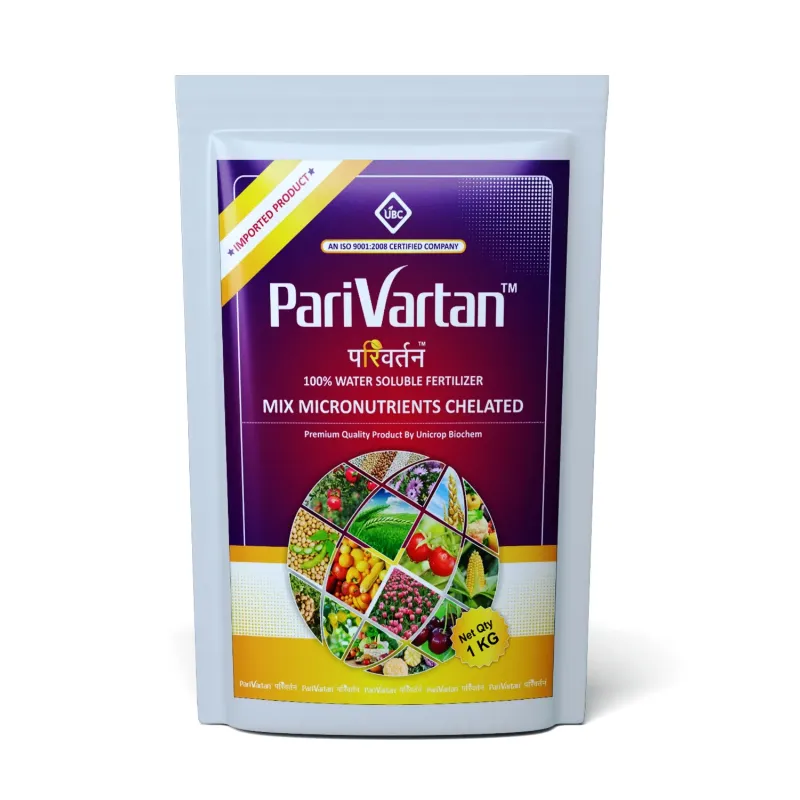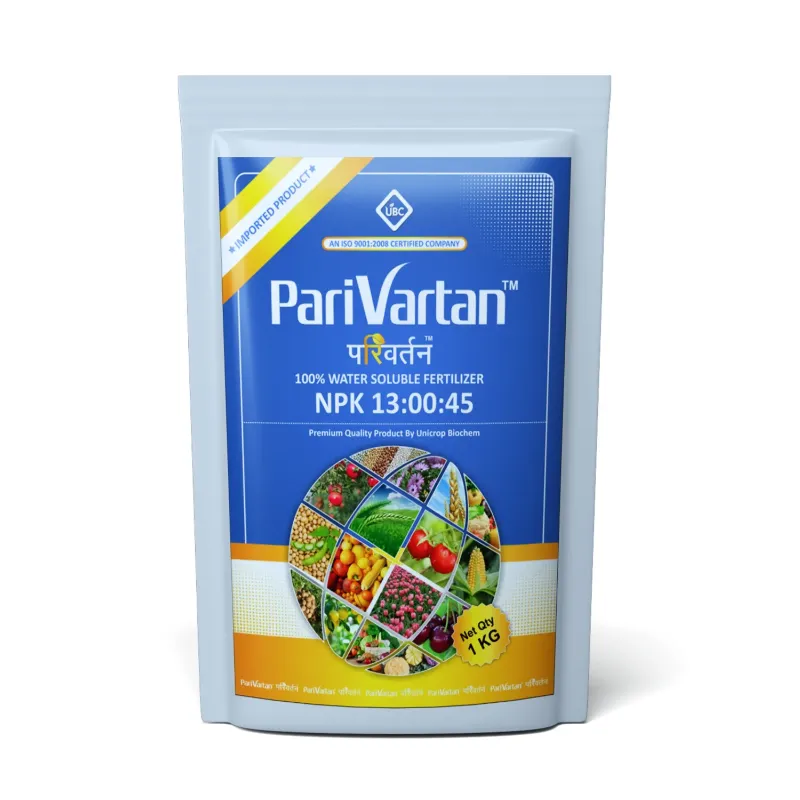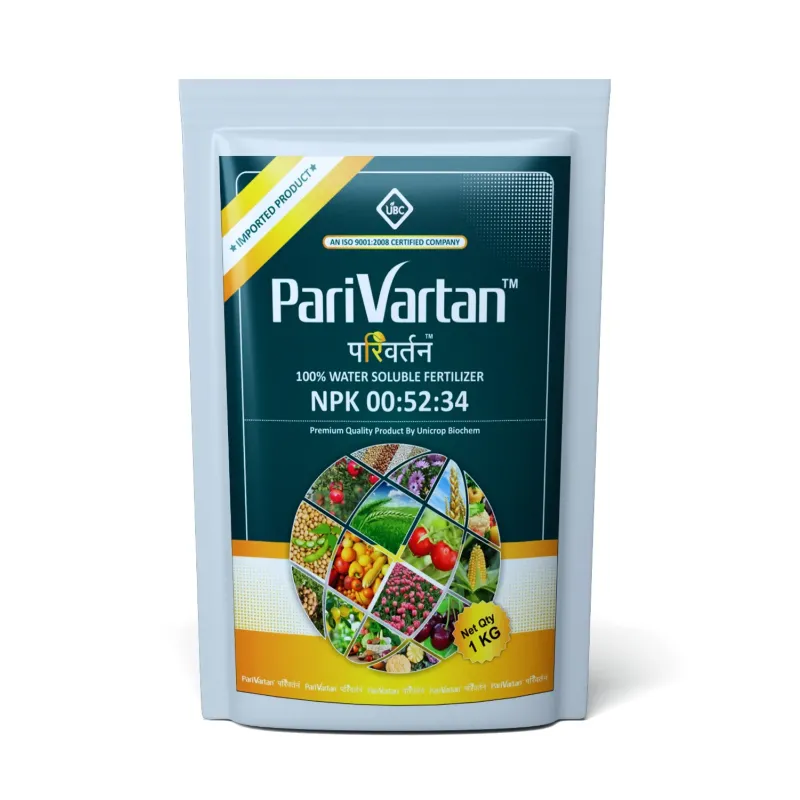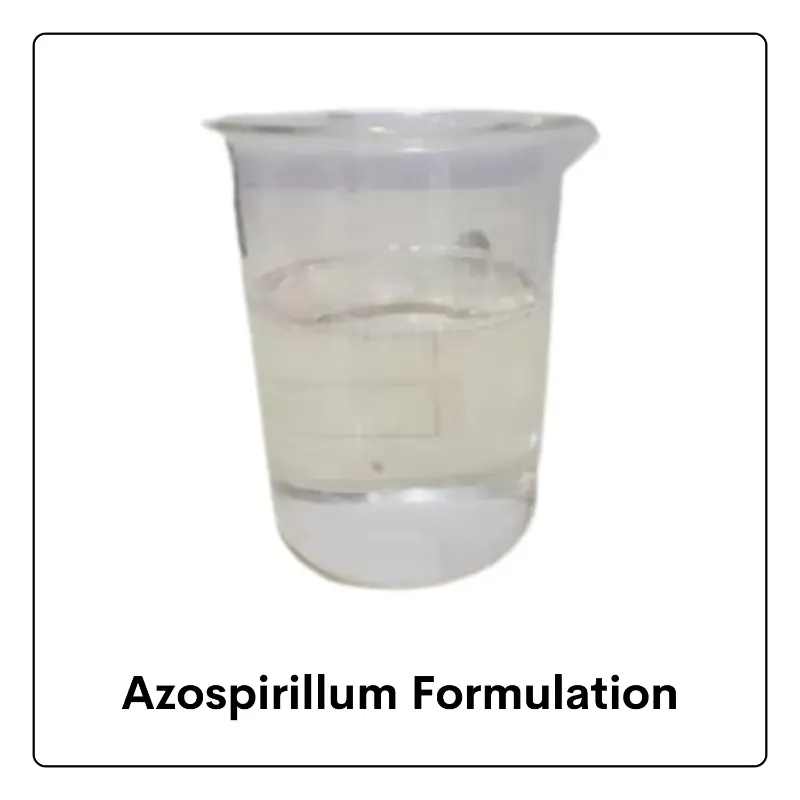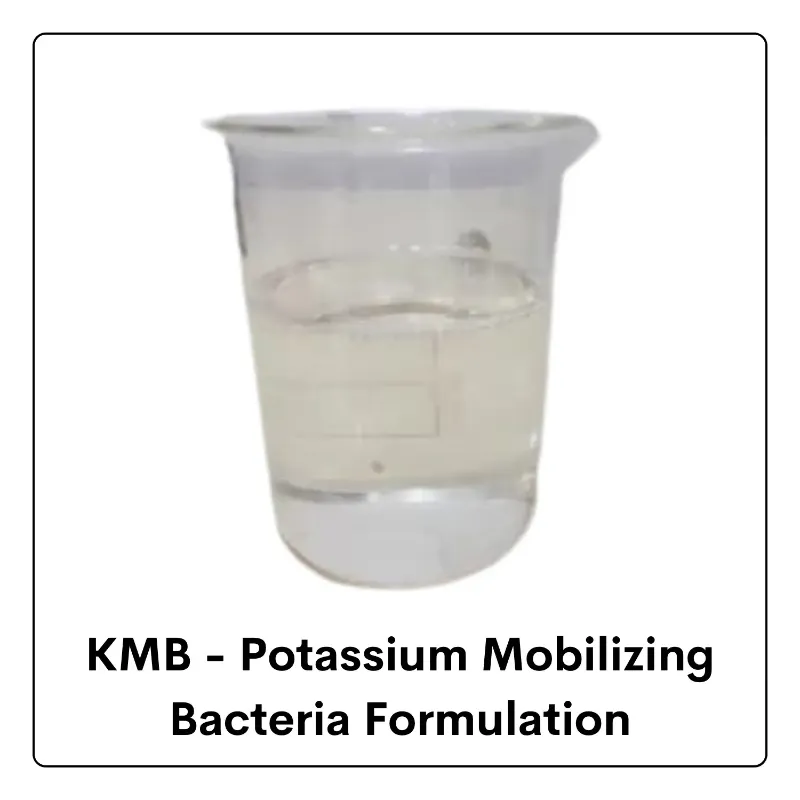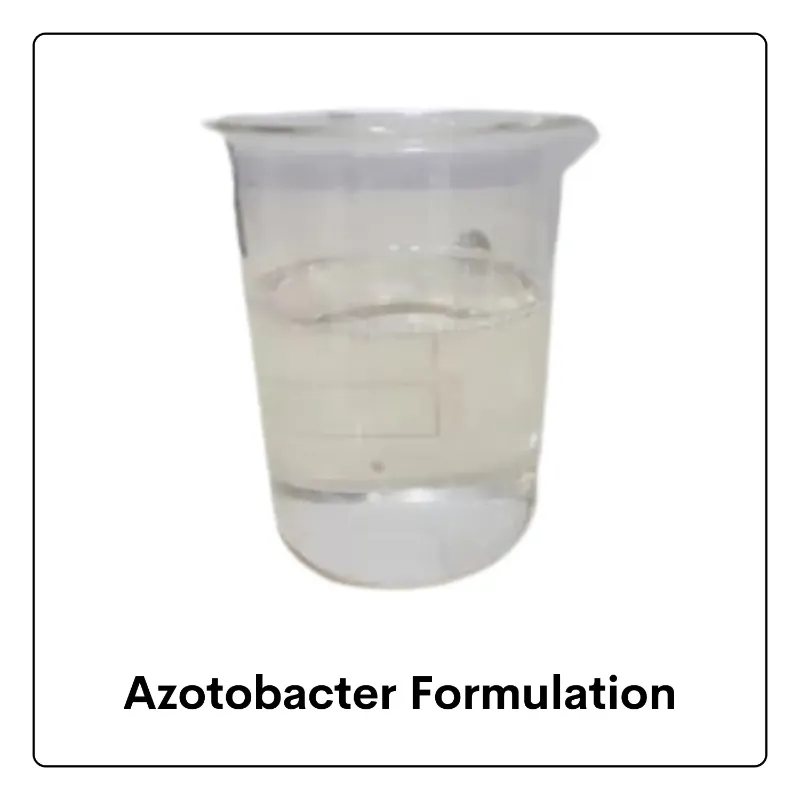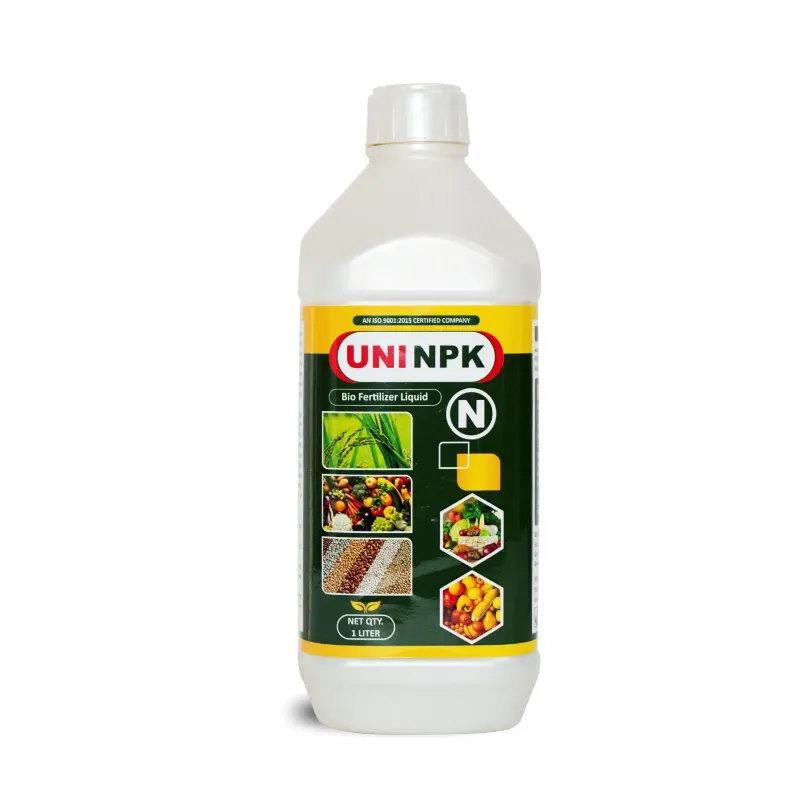Crop rotation is a time-tested agricultural practice that involves planting different crops in a sequential order on the same land over successive growing seasons. This practice offers a myriad of benefits for soil health, making it a crucial strategy for sustainable agriculture. In this blog, we’ll explore how crop rotation contributes to soil health and why it is an essential practice for farmers aiming to enhance soil quality and crop productivity.
Understanding Crop Rotation
Crop rotation involves systematically changing the type of crops grown on a particular piece of land from year to year. This practice helps prevent the continuous planting of the same crop, which can lead to soil degradation and increased susceptibility to pests and diseases. By diversifying crop types, farmers can improve soil health and maintain a balanced ecosystem on their farms.
Key Benefits of Crop Rotation for Soil Health
1. Enhanced Nutrient Management
Different crops have varying nutrient requirements and affect the soil in unique ways. By rotating crops, farmers can help maintain a balanced nutrient profile in the soil. For example, legumes such as peas and beans fix nitrogen from the atmosphere into the soil, enriching it with this essential nutrient. This reduces the need for synthetic nitrogen fertilizers and helps maintain soil fertility. When non-leguminous crops are planted after legumes, they benefit from the increased nitrogen levels, leading to better growth and higher yields.
2. Improved Soil Structure
Crop rotation can significantly improve soil structure by alternating deep and shallow rooting plants. Deep-rooted plants, such as alfalfa or root vegetables, help break up compacted soil layers, allowing for better air and water infiltration. Shallow-rooted plants, like grains or leafy vegetables, contribute to soil surface stability and reduce erosion. This diverse root system improves soil aggregation, enhances water retention, and promotes healthier soil.
3. Reduced Soil Erosion
Continuous cropping of the same crop can lead to soil erosion due to the lack of diverse root systems that stabilize the soil. Crop rotation helps combat this issue by incorporating plants with different root structures and growth habits. For instance, cover crops or winter cereals can provide ground cover during the off-season, reducing the risk of soil erosion caused by wind and water. This practice helps maintain topsoil and prevents loss of valuable soil nutrients.
4. Pest and Disease Management
Pests and diseases often target specific crops and can build up in the soil over time if the same crop is grown repeatedly. Crop rotation disrupts the life cycles of pests and diseases by alternating crops that are less susceptible to the same issues. For example, rotating between different crop families can reduce the prevalence of pests like nematodes and diseases such as blight. This practice helps minimize the need for chemical pesticides and promotes a healthier crop environment.
5. Enhanced Organic Matter Content
Incorporating a variety of crops into the rotation cycle can increase the amount of organic matter returned to the soil. Different plants contribute varying types of organic matter through root residues, leaves, and stems. For example, incorporating cover crops or green manures into the rotation can add substantial organic matter to the soil. This organic matter improves soil fertility, water-holding capacity, and microbial activity, all of which contribute to better soil health.
6. Improved Soil Moisture Retention
Certain crops have different water requirements and root structures that affect soil moisture levels. By rotating crops, farmers can manage soil moisture more effectively. For instance, planting drought-tolerant crops during dry seasons can help conserve soil moisture, while moisture-loving crops can be grown during wetter periods. This balanced approach helps maintain optimal soil moisture levels, which is crucial for healthy crop growth and reduced irrigation needs.
7. Reduced Soil Acidity
Some crops can alter soil pH levels, which affects nutrient availability and soil health. For example, crops like legumes can help reduce soil acidity by adding organic matter and neutralizing soil pH. By rotating crops that influence soil pH in different ways, farmers can maintain a more stable and favorable soil environment. This practice helps ensure that nutrients remain accessible to plants and supports overall soil health.
8. Increased Biodiversity
Crop rotation promotes biodiversity by introducing a variety of plant species into the farming system. This increased biodiversity supports a more balanced and resilient ecosystem. Beneficial insects, pollinators, and microorganisms thrive in diverse environments, which can enhance soil health and contribute to better crop performance. A diverse cropping system also helps reduce the risk of crop failure due to environmental stresses or pest outbreaks.
How Unicrop Biochem Supports Crop Rotation
Unicrop Biochem offers a range of products that complement and enhance the benefits of crop rotation. Their biofertilizers and soil health products are designed to support sustainable farming practices and improve soil quality.
- Azoto-N Biofertilizer: Enhances nitrogen fixation in the soil, benefiting crops grown after legumes and contributing to a balanced nutrient profile.
- KMB Biofertilizer: Mobilizes potassium in the soil, improving nutrient availability and crop growth across different crop rotations.
- Seaweed Extract: Provides essential micronutrients and growth hormones that support plant health and improve soil fertility during crop rotations.
By integrating Unicrop Biochem’s products into their crop rotation practices, farmers can further enhance soil health, improve crop productivity, and achieve long-term sustainability in their farming operations.
Conclusion
Crop rotation is a powerful practice that offers numerous benefits for soil health. By enhancing nutrient management, improving soil structure, reducing erosion, managing pests and diseases, increasing organic matter, and promoting biodiversity, crop rotation contributes to a more resilient and productive farming system. Integrating crop rotation with Unicrop Biochem’s innovative products can further enhance these benefits, helping farmers achieve optimal soil health and increased crop yields. Embracing crop rotation and sustainable practices is essential for maintaining soil quality and ensuring the long-term success of agricultural operations.
